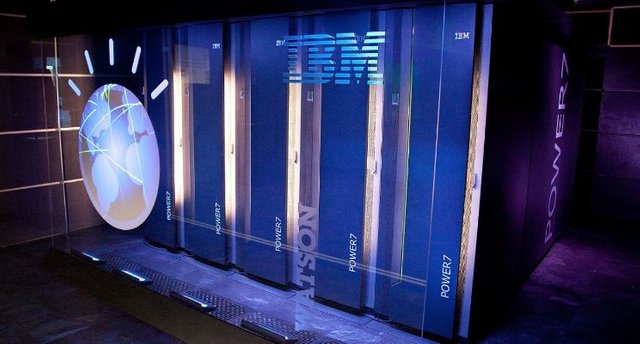Cancer is a “colossal challenge,” according to Macmillan Research. It accounts for an astonishing 42% of the premature deaths in UK, which is 63000 people per year in England alone. On a personal level, this topic resonates with me as my mother survived 3 rounds of cancer. Without the NHS, she would not be in my life today. I have seen how efficient the NHS can be in a patient’s journey. I have also witnessed how inefficient it can be.
Think: there are 2.5m people living with cancer in the UK and this is to grow to 4m by 2030. NHS is under pressure to get a patient from GP diagnosis to treatment within 62 days. Due to increasing pressures and decreasing budget, 1/6 patients wait longer than 62 days. Days are precious, especially when cancer is involved.
One of the major bottlenecks of oncology is knowledge. Studying a patient’s medical history, connecting this with relevant new treatments and possible clinical trials can be time consuming and expensive. A clinician would need to read for 29 hours/day, to keep up with new professional insights.

Imagine if someone could consume 4 billion pages of text in 1 minute and extract information that can help deliver personalised care? Would you hire them? What if I said they could do this faster and cheaper than niche professionals? This is the Curriculum Vitae of Watson for Oncology (WFO), an artificial intelligence specialising in cancer that is being used in 55 hospitals globally. WFO has the potential to free up clinical time for interaction with and involvement of patients in their care.

WFO may not be capable of curing cancer (right away, anyway), but it strives to aid clinicians and make existing processes more efficient. By organising patient information and making informed treatment recommendations in preparing cancer treatment plans. My first project in week 2 at IBM is to quantify the benefits in a business case for this technology. I am excited to explore the benefits WFO will bring to NHS, as the latter can be slow to embrace new technology.
Besides the above immersive project, it has been a fun-filled week of workshops and meeting new people. One of the many engaging group tasks was to design an advert for the NHS in under an hour, check it out (turn sound on for optimum effect):
Has anyone had any experience with this technology? Please share your thoughts.
Gegs